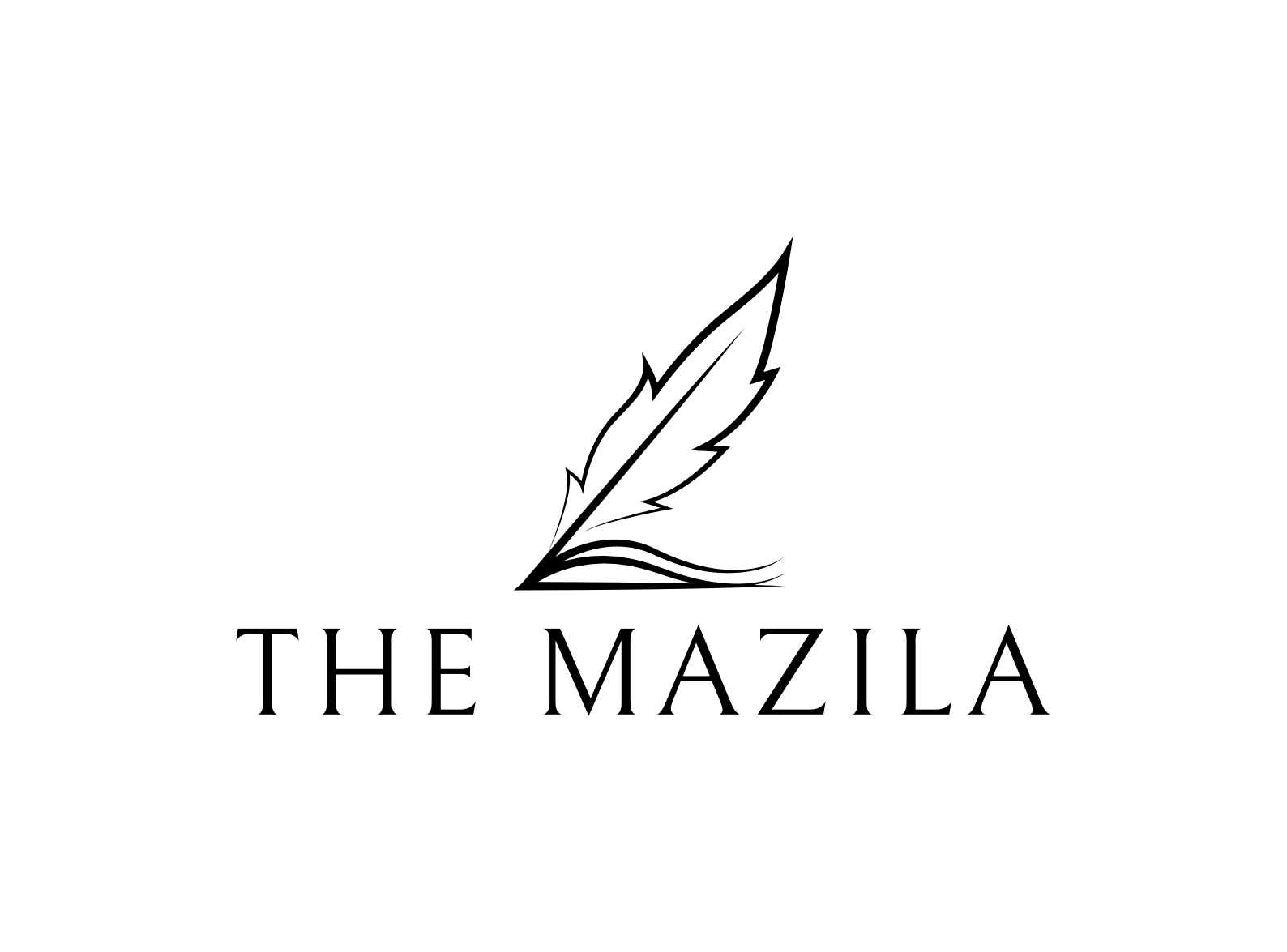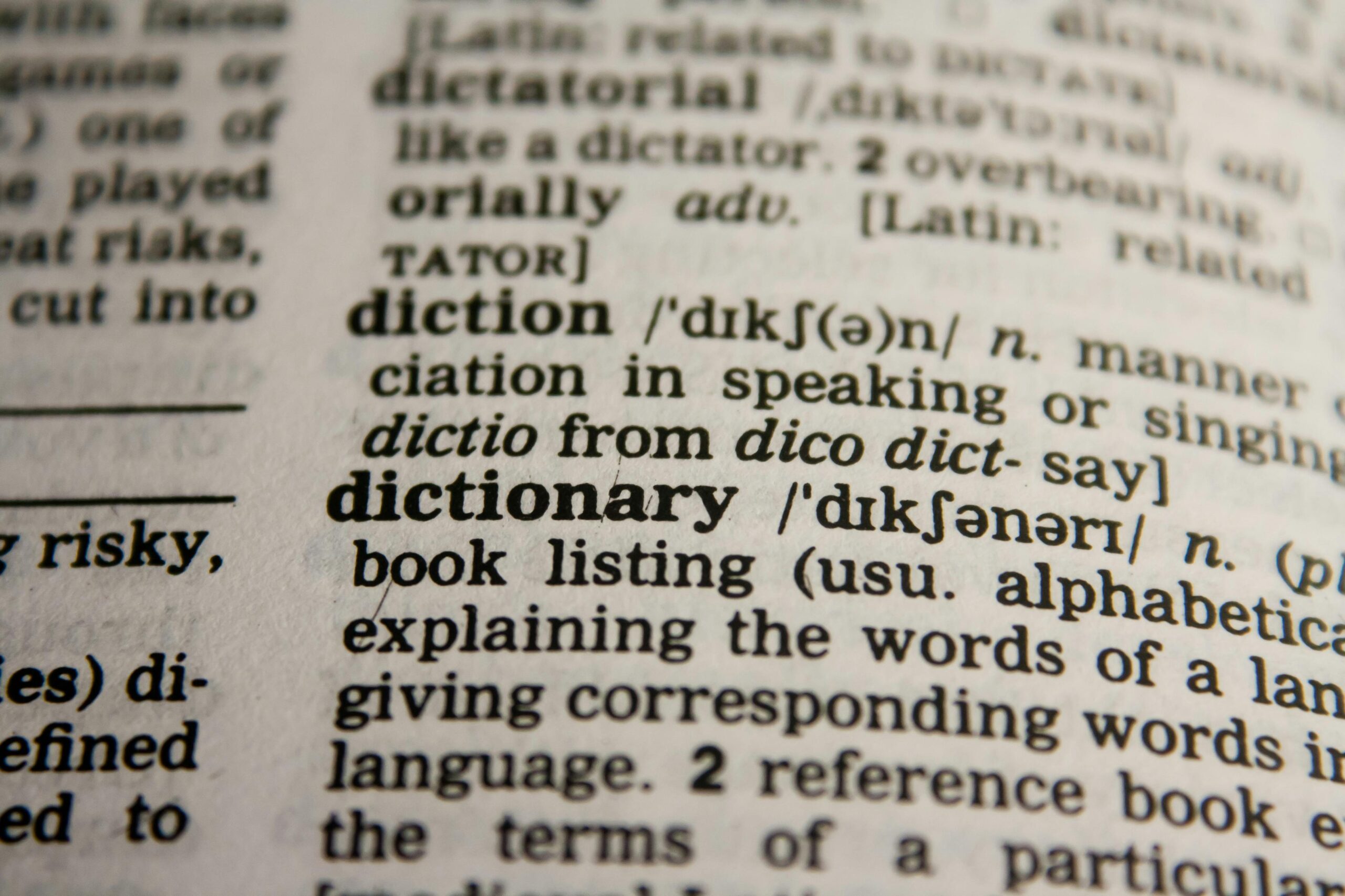Introduction
When conducting business in Nigeria or dealing with Hausa-speaking individuals, having a skilled interpreter is essential for effective communication. The right interpreter can bridge language barriers, ensure accurate translations, and contribute to successful outcomes. In this post, we will provide valuable guidance on how to select a professional Hausa interpreter for your specific needs.
Key Considerations When Choosing a Hausa Interpreter
Experience and Qualifications:
Specialization: Look for interpreters with experience in your specific field, such as business, legal, or medical.
Certifications: Verify if the interpreter holds relevant certifications or qualifications, such as those from professional interpreting organizations.
References: Ask for references or testimonials from previous clients to assess the interpreter’s quality of work.
Language Proficiency:
Fluency: Ensure that the interpreter is fluent in both Hausa and the language you are using (e.g., English, French).
Cultural Understanding: Look for an interpreter who has a deep understanding of Hausa culture and customs to avoid misunderstandings.
Availability and Flexibility:
Scheduling: Consider the interpreter’s availability and ability to accommodate your schedule.
Location: If you need an interpreter for an on-site meeting, ensure they are located in the desired region or can travel to your location.
Equipment and Technology:
Technology: If remote interpreting is required, verify that the interpreter has the necessary equipment and technology to facilitate clear communication.
Professionalism and Ethics:
Confidentiality: Ensure that the interpreter is committed to maintaining confidentiality and professional ethics.
Communication: A good interpreter should be able to communicate effectively and build rapport with both parties.
Additional Tips
Interview Potential Interpreters: Conduct interviews to assess their communication skills, knowledge of your specific field, and overall suitability for your needs.
Test the Interpreter: Consider conducting a trial translation or interpretation to evaluate their accuracy and professionalism.
Use a Reputable Agency: If you are unsure where to start, consider using a reputable translation or interpreting agency that can provide qualified professionals.
Conclusion
Choosing the right Hausa interpreter is crucial for successful communication and business outcomes. By carefully considering the factors outlined in this post, you can find a professional who will meet your specific needs and contribute to the success of your endeavors.



Leave a Reply